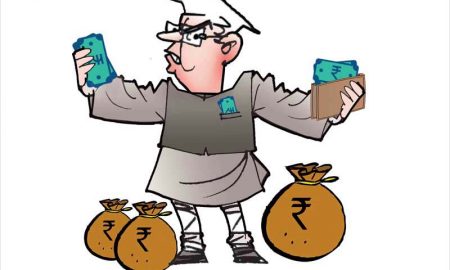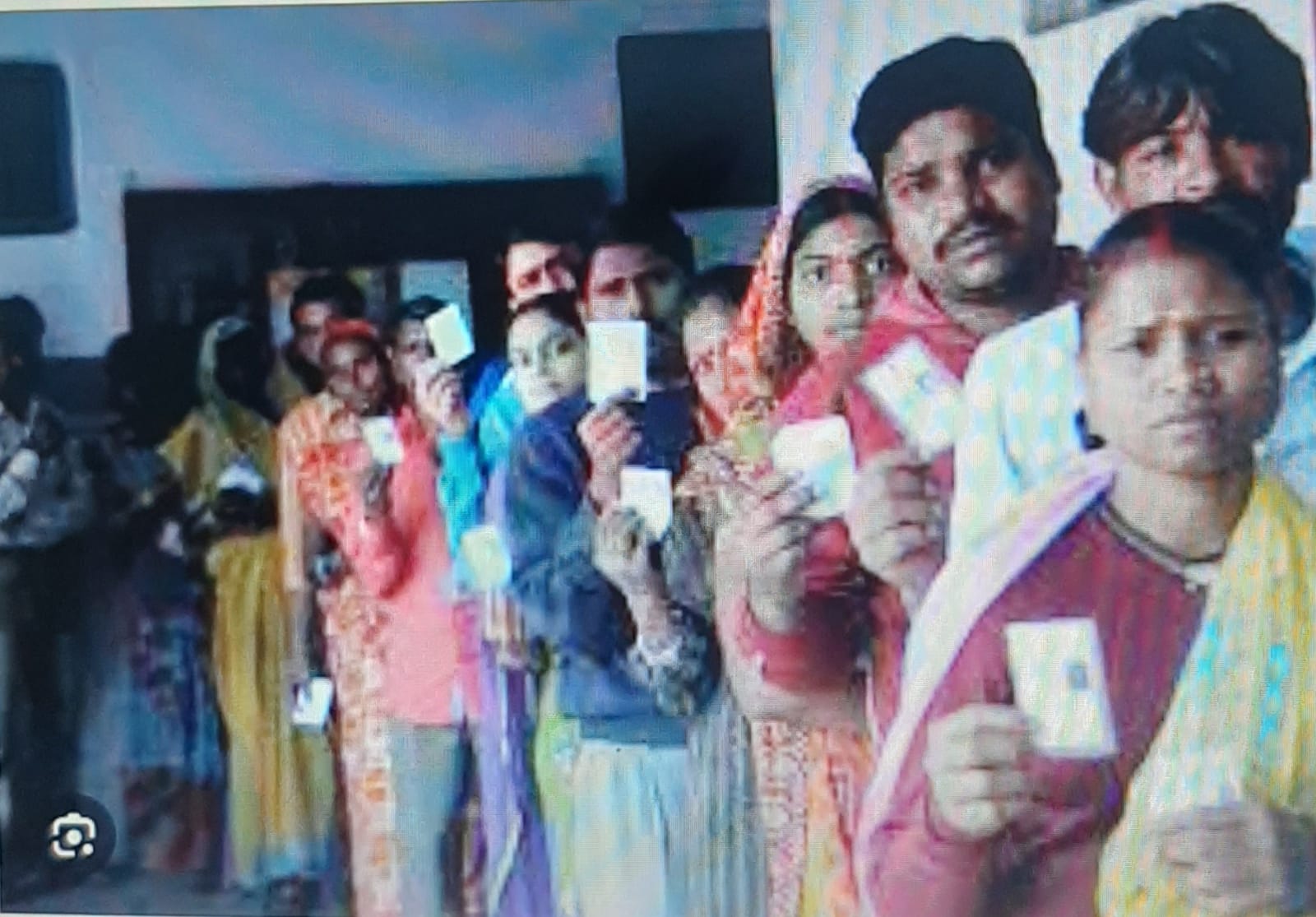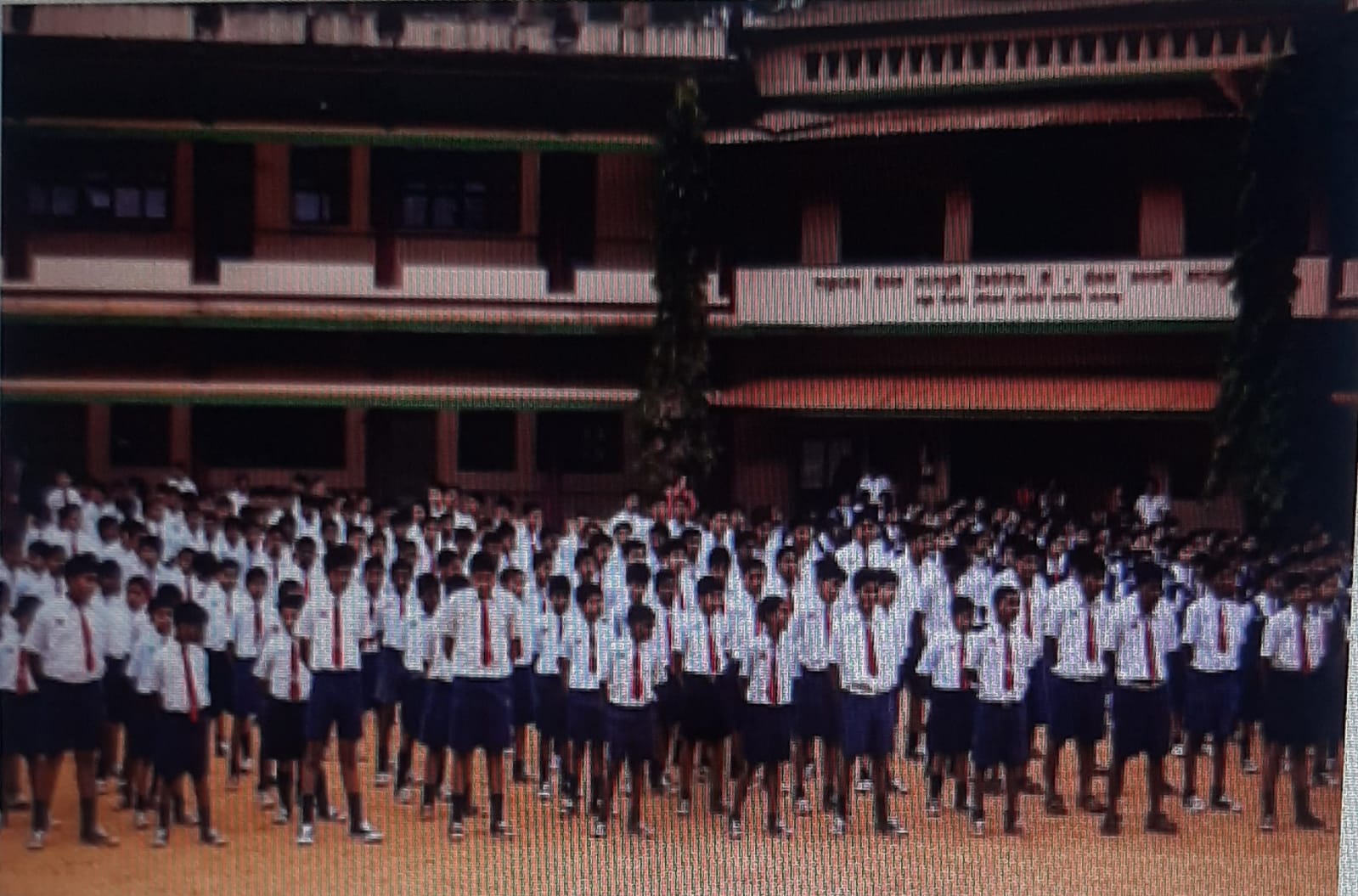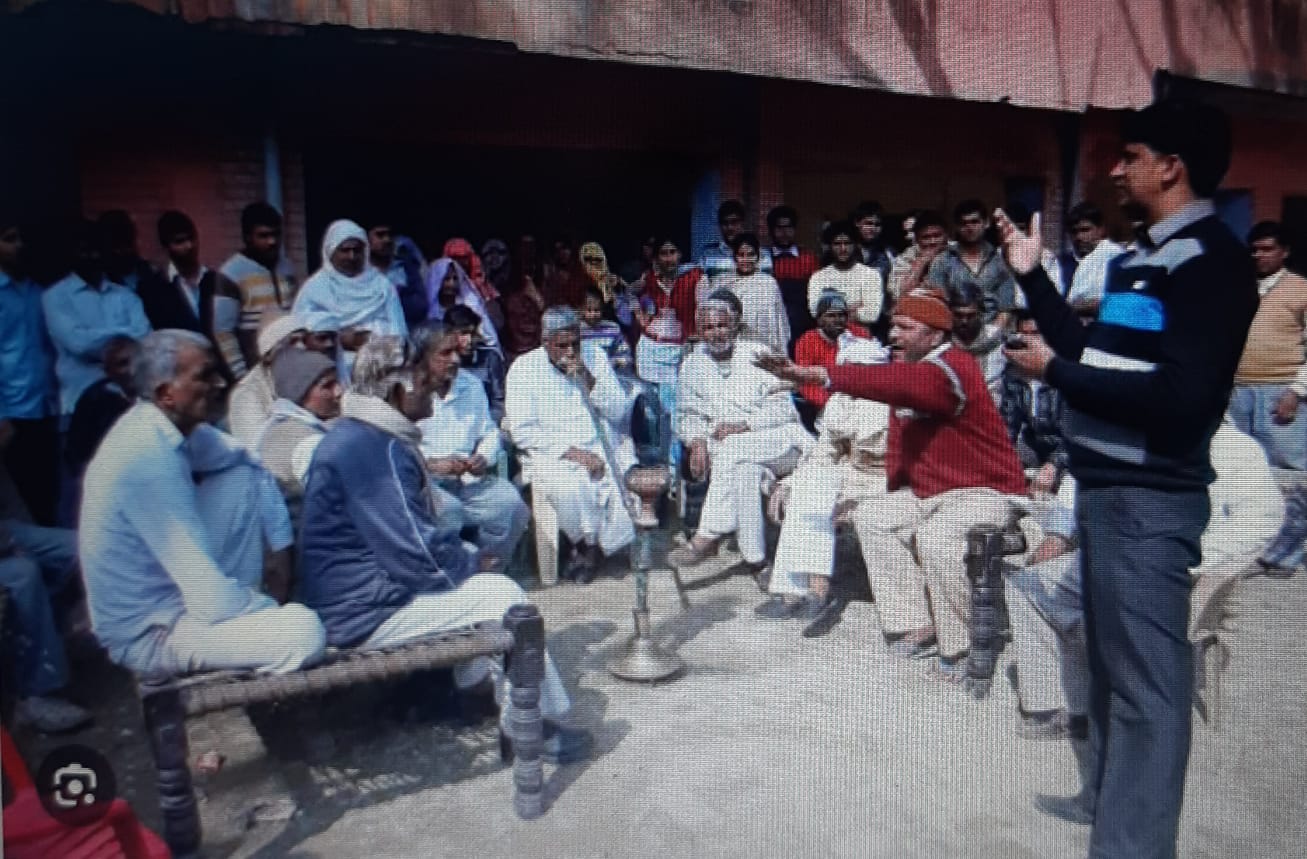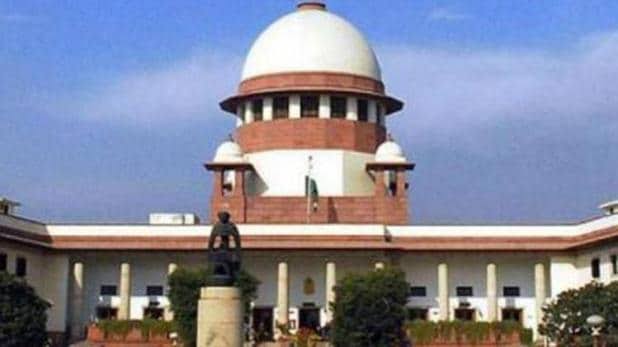
DN&V Correspondent
New Delhi: The Supreme Court on Wednesday held that the office of the Chief Justice of India is a public authority and falls within the ambit of the Right to Information Act. It was hearing appeals against a Delhi High Court order of 2010 that had said judicial independence was not a judge’s privilege, but a responsibility cast upon him.
Keep in mind: The top court, however, said, that no information can be given which violated the right to privacy and compromised the independence of the judiciary.
Don’t ask: On whether the deliberations of the Supreme Court collegium comprising five senior-most judges in the appointment of judges or lawyers should be made public, the top court ruled that it should be decided on a case-to-case basis keeping in mind the larger public interest. The bench said that only the names of judges recommended by the Collegium for appointment can be disclosed, not the reasons.
Who’s exempt? The second schedule of the RTI Act has a list of 22 organisations that are exempted from providing information on the grounds of them being intelligence and security organisations. The list includes IB and RAW, among others.



